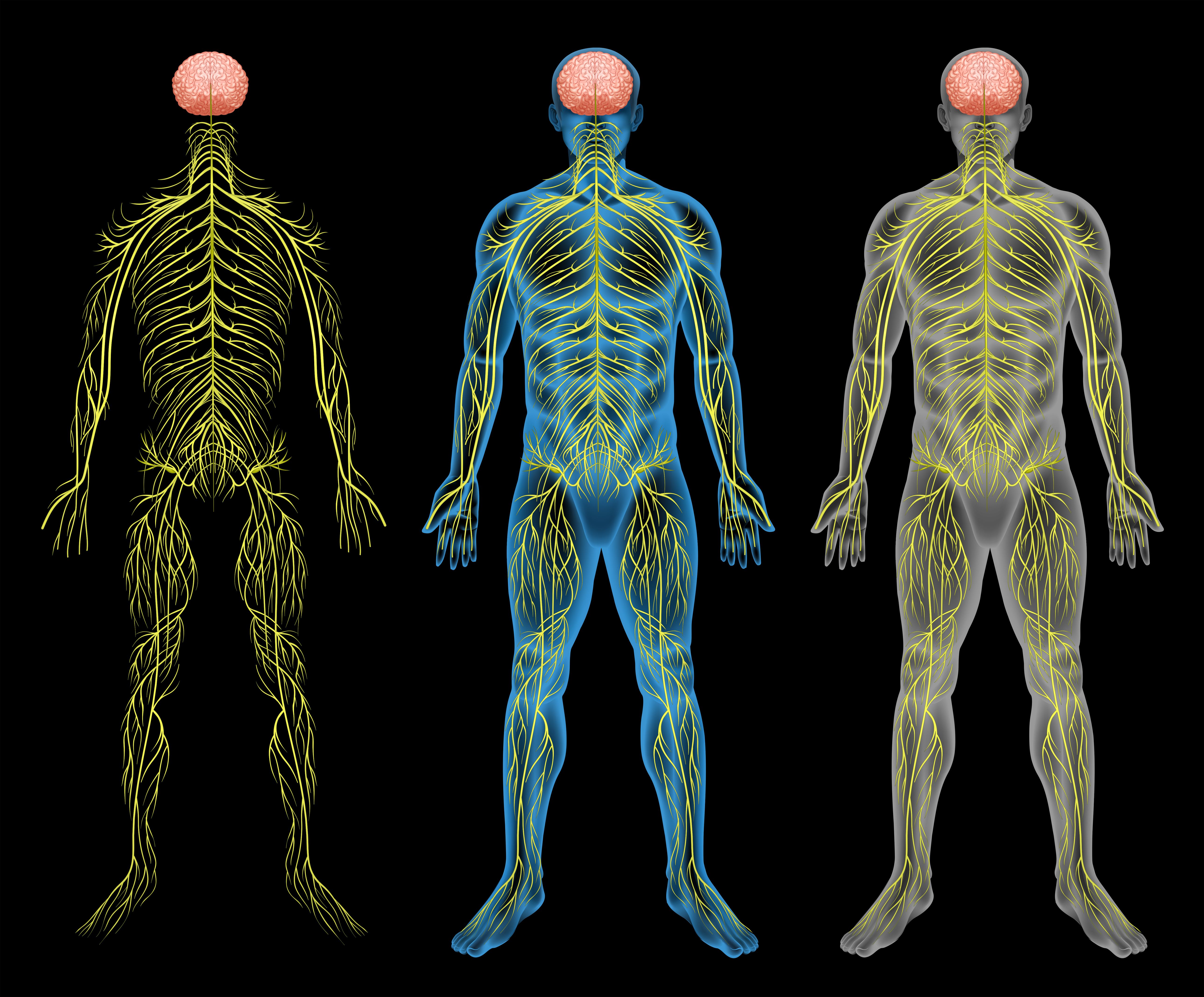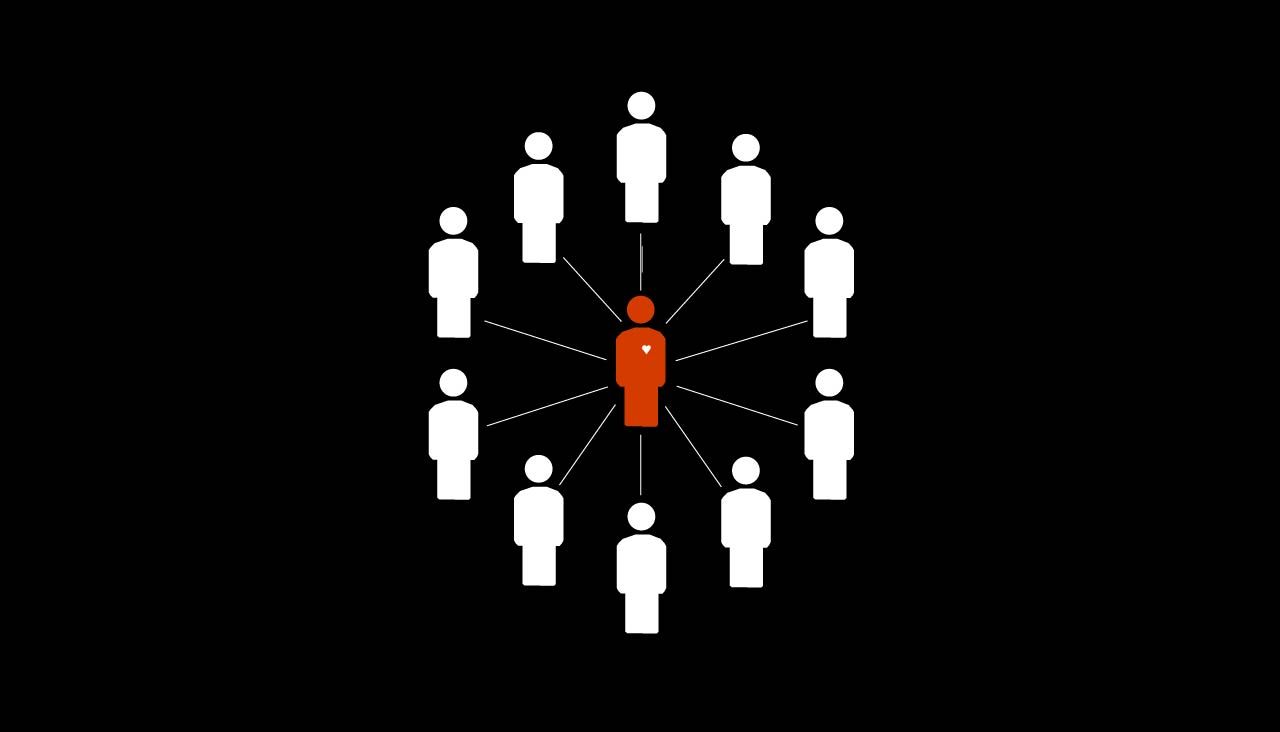
steopathy and the nervous system: a holistic approach to soothing the body and mind
Stress, fatigue, and sleep disorders are often linked to an imbalance in the autonomic nervous system. Osteopathy, with its gentle and precise techniques, helps restore this balance to promote relaxation, improve sleep quality, and reduce anxiety.
Understanding the human nervous system
The nervous system is divided into two main parts:
- The somatic nervous system, responsible for voluntary control of the body and muscles.
- The autonomic nervous system, which automatically regulates involuntary functions such as digestion, breathing, heart rate, blood pressure, and many others.
The autonomic nervous system: balance between alertness and rest
The autonomic nervous system comprises two complementary subsystems:
- The sympathetic nervous system, which prepares the body for action (alertness, vigilance, increased heart and respiratory rates, pupil dilation, inhibition of digestion).
- The parasympathetic system, which acts during periods of rest (relaxation, digestion, regeneration, and slowing of functions).
- During acute stress, this activation of the sympathetic system is normal—it is the survival reflex in the face of danger.
But when it becomes constant, as in the chronic stress of modern life, the body remains stuck in “alert” mode. This is known as sympathicotonia, a state of imbalance in which the nervous system is no longer able to regulate itself properly.
When stress becomes a problem
Chronic stress exhausts the body and mind. It can manifest itself in:
- sleep disorders,
- persistent fatigue,
- muscle tension,
- difficulty concentrating,
- or even anxiety attacks.
These symptoms often indicate an imbalance between the sympathetic and parasympathetic nervous systems. This is where osteopathy can play an essential role.
How osteopathy affects the nervous system
Osteopathy aims to restore the body's overall balance. When there is a disorder of the nervous system, the osteopath mainly uses:
- cranial techniques to soothe and regulate the nervous system,
- gentle maneuvers to release areas where autonomic nerve structures pass (such as the sympathetic ganglia located along the spine or the vagus nerve, the pillar of the parasympathetic system).
By releasing tissue tension and restoring mobility to structures, osteopaths enable the body to regain its nervous balance and activate its own self-regulating capacity.
The benefits of osteopathic treatment for the nervous system
fter osteopathic treatment focused on the nervous system, patients often report:
- better sleep,
- reduced anxiety and stress,
- renewed energy,
- greater mental clarity,
- and improved concentration.
These results can be explained by the normalization of communication between the sympathetic and parasympathetic nervous systems, allowing the body to better manage daily stress.
In summary
Osteopathy not only treats physical pain, it also helps balance the nervous system, promoting relaxation, restful sleep, and emotional stability.
📍 Consult now
Our osteopaths in Charlemagne and LaSalle welcome you for personalized treatments aimed at restoring your nervous balance and overall well-being.
👉Make an appointment online at poglobalite.com

Back pain: how physiotherapy relieves lo...
Persistent lower back pain? Discover how physiotherapy can effectively relieve your backache with a ...
Lire plus...
Mental health and rehabilitation: an und...
Mental health, often overlooked, plays a crucial role in the success of a rehabilitation process. Di...
Lire plus...
Osteopathy and cranial deformities: a ge...
Does your baby have a cranial deformity? Pediatric osteopathy, complementary to physiotherapy, can p...
Lire plus...